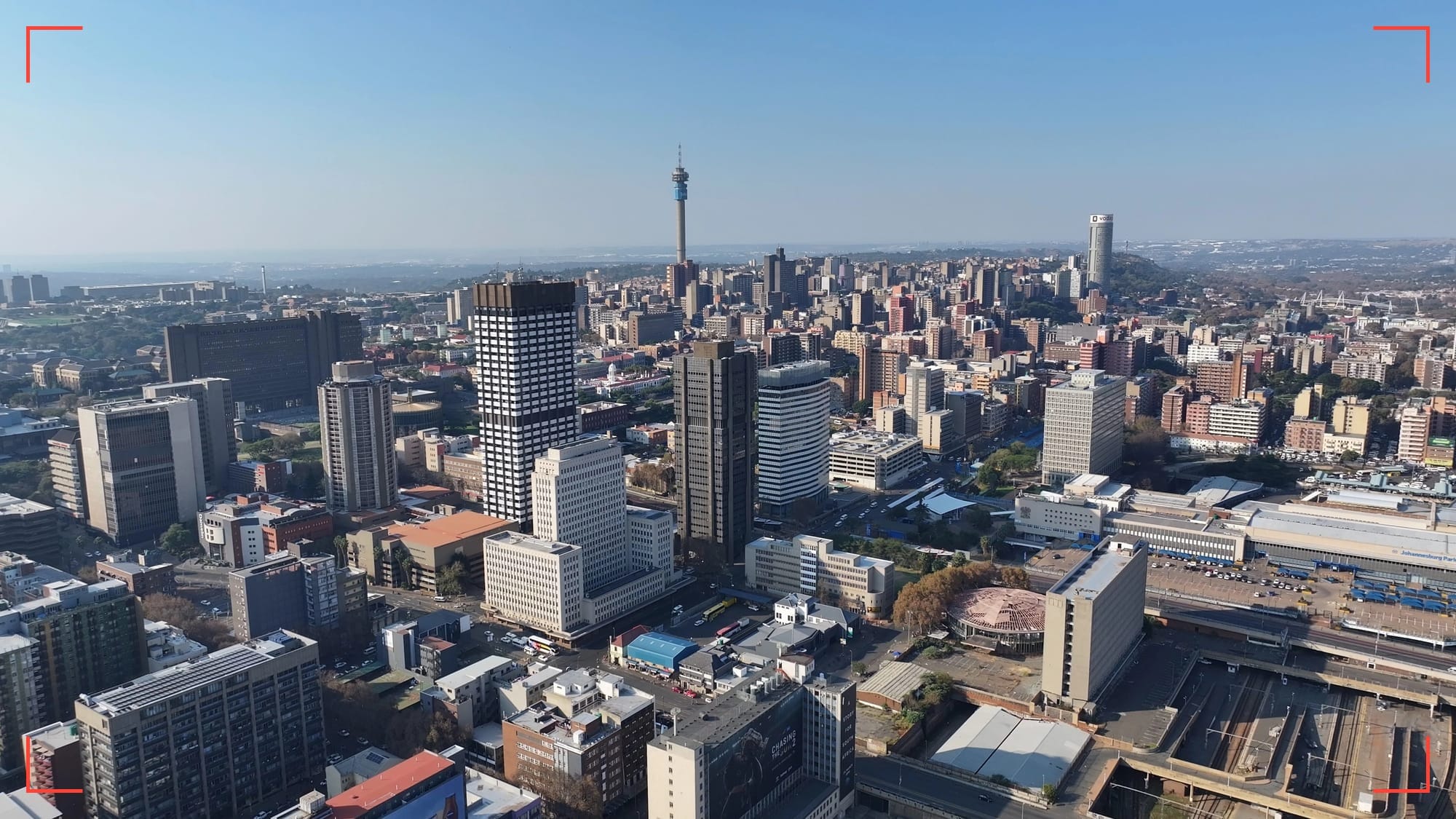
Report Details
Initial Publish Date
Last Updated: 09 OCT 2025
Report Focus Location: Sub-Saharan Africa
Authors: CI, EA
Contributors: GSAT
GSAT Lead: MF
RileySENTINEL provides timely intelligence and in-depth analysis for complex environments. Our global team blends international reach with local expertise, offering unique insights to navigate challenging operations. For custom insights or urgent consultations, contact us here.
Report Summary
This study presents a thorough examination of the current geopolitical and security environment throughout Africa, with an emphasis on high-profile developments in Sub-Saharan Africa.
- Elections and Political Transitions: The sub-region faces growing electoral tensions and institutional fragility. In Cameroon, opposition exclusion raises concerns ahead of October’s vote; Guinea’s constitutional reform strengthens transitional leader Doumbouya’s position; and Tanzania faces allegations of electoral repression. Meanwhile, Malawi's peaceful power transfer contrasts with broader trends of military consolidation through managed elections.
- Conflicts and Insecurity: Persistent violence in eastern DRC (M23), Cabo Delgado (Mozambique), and South Sudan highlights enduring instability. In Somalia, rising tensions and foreign military involvement exacerbate fragility across the Horn of Africa.
- GERD Dispute and Regional Alignments: The inauguration of Ethiopia’s Grand Renaissance Dam marks a milestone for energy independence, but intensifies rivalry with Egypt over Nile waters. The dispute fuels shifting alliances, Addis Ababa deepens ties with Somaliland, while Cairo strengthens cooperation with Eritrea and Somalia.
- End of AGOA and Economic Implications: The expiration of the African Growth and Opportunity Act (AGOA) on 30 September threatens trade stability, particularly in South Africa, which faces job losses and rising tariffs. The situation underscores the need for diversification through the AfCFTA and alternative trade partnerships.
- Relations with the United States: U.S. engagement across Africa appears increasingly inconsistent, focused on migration control in Ghana, strained by political disputes in South Africa, and lacking a coherent regional strategy. This fragmented approach weakens Washington’s long-term influence.
- Economic Developments: Nigeria’s Dangote refinery achieved a landmark export to the U.S., signaling a shift toward refined products. Ghana’s visa restrictions on Chinese groups and new energy agreements with ENI reflect efforts to curb illegal mining and strengthen resource governance.
- Governance and Civic Space: Democratic stagnation persists as long-term rulers, including Museveni in Uganda, maintain power and restrictions on opposition endure. The withdrawal of Mali, Niger, and Burkina Faso from the ICC further undermines regional accountability and the rule of law.
Remaining content is for members on Charter Member only.
Please subscribe to Charter Member and unlock this article and more content.
Subscribe Now





